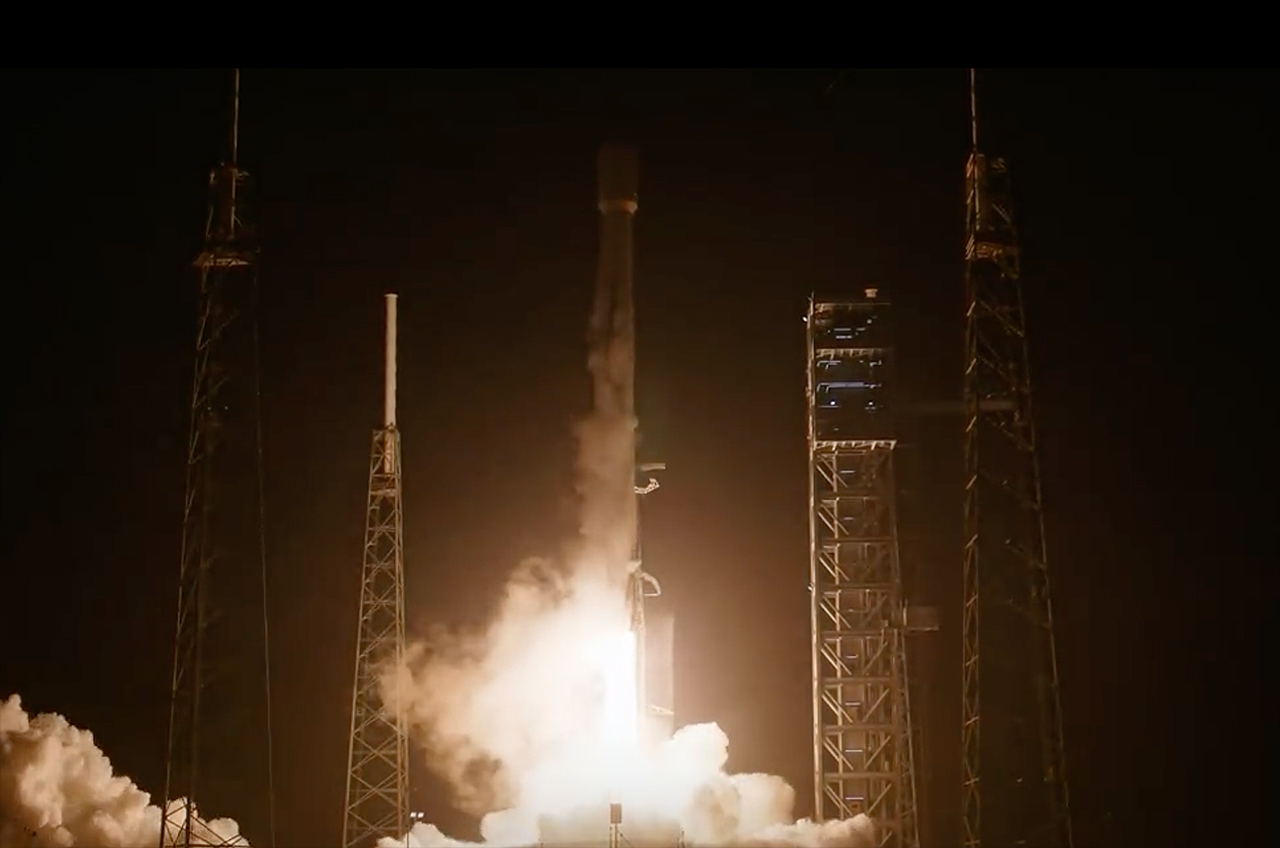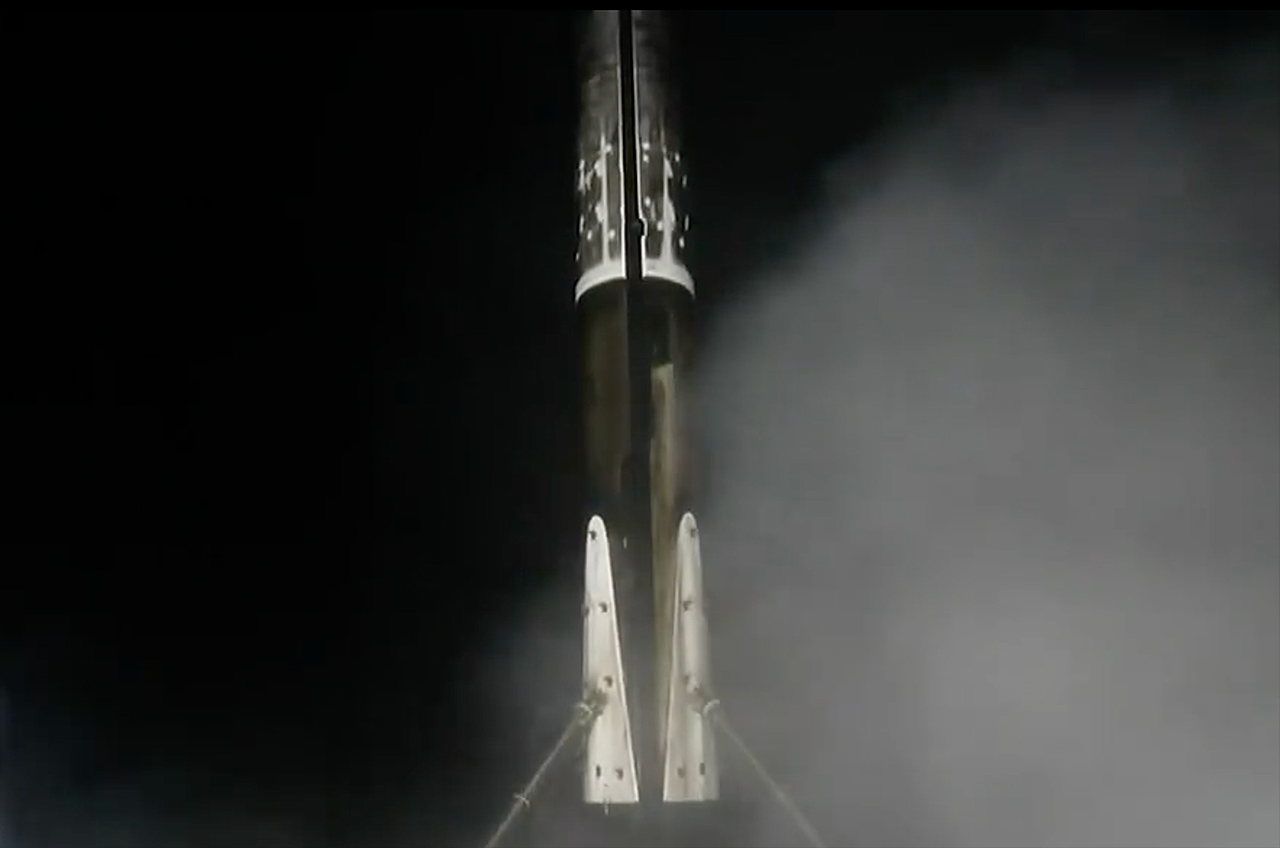
SpaceX added 23 more satellites to its Starlink internet constellation on Saturday night (Dec. 2).
A SpaceX Falcon 9 rocket carrying the communications satellites lifted off from Florida's Cape Canaveral Space Force Station at 11:00 p.m. EST (0400 GMT on Dec. 3).
Related: Starlink satellite train: How to see and track it in the night sky

The Falcon 9's first stage came back to Earth for a vertical landing about 8.5 minutes after launch. It touched down on the droneship "A Shortfall of Gravitas," which was stationed in the Atlantic Ocean off the Florida coast.
It was the sixth launch and landing for this particular booster, according to a SpaceX mission description.
The 23 Starlink satellites, meanwhile, were scheduled to deploy from the Falcon 9's upper stage into low Earth orbit (LEO) about 65.5 minutes after liftoff.

The Starlink network, which beams internet service down to people around the world, already features more than 5,000 operational spacecraft, according to astrophysicist and satellite tracker Jonathan McDowell.
But that number keeps growing, and likely will far into the future. SpaceX already has permission to deploy 12,000 Starlink craft into LEO, and it has applied for approval for another 30,000 on top of that.







